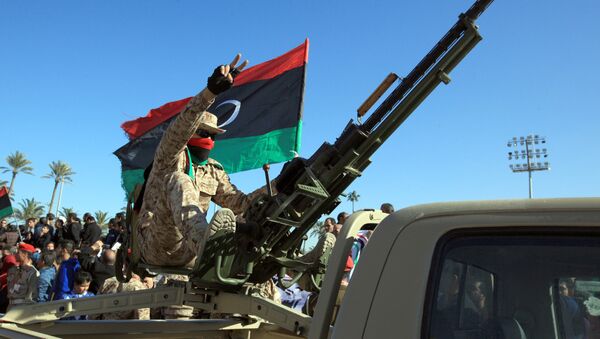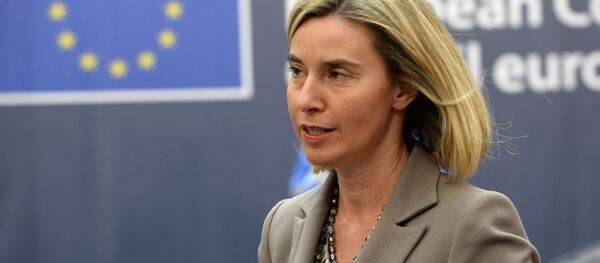Winer expressed hope that the United States and Russia will continue to work to build support for a “functioning effective” government under the political agreement signed in Skhirat, Morocco, in December 2015.
“To do that they should try and get the House of Representatives (HOR) together with the Presidency Council certainly with Prime Minister [Fayez] al-Sarraj to see whether they can negotiate a way to work together to strengthen the government,” he explained. “That has failed over the past year. The HOR has not been willing to support Mr. al-Sarraj and the Presidency Council. And they need to move that to find some solution.”
“It would be great if the United States and Russia could come together with other countries to build those solutions,” the former official added.
When asked about the country’s efforts to fight the terrorist groups, Winer emphasized Libya’s military and security forces will continue to need help from other countries to deal with terrorist cells.
“That help needs to come in a way that is consistent with the UN Security council resolution which includes the arms embargo,” Winer concluded. “Training therefore is good but provision of weapons needs to come through a transparent request through the UN.”
On Saturday, Cairo hosted a meeting to discuss recent developments of the Libyan crisis attended by the foreign ministers of Libya, Tunisia, Egypt, Sudan, Chad, and Niger, the head of the UN Special Mission to Libya Martin Kobler, Arab League Secretary General Ahmed Aboul Gheit, and African Union Special Envoy in Libya Jakaya Kikwete.
Libya has been in a state of turmoil since 2011, when a civil war began in the country and Muammar Gaddafi was overthrown.
In December 2015, Libya’s rival governments — the Council of Deputies based in Tobruk and the Tripoli-based General National Congress — agreed to create the Government of National Accord (GNA), to form the Presidency Council and to end the political impasse. Despite the first meeting of the GNA Cabinet taking place in January 2016, Libya’s Tobruk-based parliament still refuses to cooperate with the unity government.
The instability in Libya facilitated the emergence of numerous militant groups in the country, particularly the Islamic State (IS, also known as Daesh), which has been carrying out attacks on Libya’s oil infrastructure.




